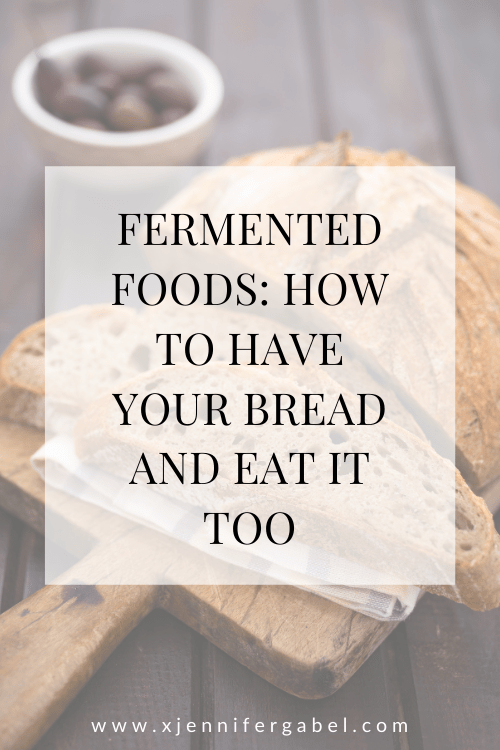While getting to the bottom of my adult acne many years ago, I gave up wheat, dairy and sugar. With the help of some other changes, my skin cleared up drastically. Since then, I’ve been careful to minimize these foods as much as possible. If I don’t, or if I eat them too much and too often, it’s breakout city for me.
When I would travel to Europe, these foods were hard to avoid, so I didn’t. Since my skin remained clear, I thought perhaps I was over my sensitivities. I would go back to the US, eat whatever, and then watch in dismay as I’d wake up in a day or so to another round of breakouts.
It must be the different crops in Europe, I surmised. I continued to avoid these foods in the US and gorge myself on them in Europe. At one point, I even had bread shipped to me from Paris! As this was impractical (read: ridiculous), I decided to purchase flour in Europe and then make the bread at home. This is how I learned nearly half the wheat flour comes from – wait for it – the US.
After interrogating quite a few bread bakers in France and Germany, I discovered the vast majority of breads baked in Europe go through a process called fermentation. In fact, you probably know this type of bread as sourdough bread. The slightly sour flavor is a result of fermentation, which is why high-quality yogurts and sauerkraut have a similar tang to them.
***This post may contain affiliate links. As a Sakara and Amazon affiliate, I earn from qualifying purchases. This is at no cost to you but helps me run my website.***
What is fermentation?
Basically, microbes such as yeast eat the sugars and starches present in food when they don’t have any oxygen. The microbes then convert these sugars into acids and alcohol, as seen in wine and beer.
What are the benefits of fermentation?
Foods become more nutritious when fermented. The breakdown of the sugars and starches make it easier for us to digest. Fermented foods also contain enzymes, which help with digestion. Although we’re born with enzymes of our own, these decrease as we age. This may explain why as a kid you seemed to be able to eat whatever you wanted without consequences!
In addition, fermentation is beneficial to our gut health. Since the strength of our immune system is heavily reliant on our gut health, this is especially important right now as we head into cold and flu season. Fermentation also increases the vitamins and minerals in our food while making them more easily absorbed at the same time.
Why doesn’t everyone ferment their bread (or whatever)?
Because fermentation takes time. And time takes money. At an American grocery store, you’ll see shelf-stable sauerkraut, pickles and bread (some even labeled as sourdough). If you look at the ingredients, the sauerkraut and pickles will contain vinegar, and the breads contains upwards of 78 different ingredients. I’m exaggerating but barely. Fermentation doesn’t require complexity, only patience. To make sauerkraut, all you need is cabbage, water, salt and time. For bread, you need flour, water, salt and time. Do you see a pattern here? The magic happens over time.
Do you know who doesn’t like for things to take a lot of time? Americans. I’m generalizing, and I say it with love. While this characteristic may be what brings us so much wealth, it may also be the very thing denying us our best health.
Do you have to go to Europe to get quality fermented foods?
Absolutely not. There are plenty of companies who produce fermented foods the traditional way. The things to look out for is whether they use high-quality, whole food ingredients, ideally organic or at least non-GMO. Most companies are proud to detail their fermentation process if they’re doing it right. Some of my favorites are listed below.
Please note: if you have Celiac or a true allergy to wheat and dairy, you must still avoid these foods, fermented or not.
My favorite fermented foods:
- Hawthorne Valley sauerkraut (I like the original, my husband likes the jalapeño)
- Monty’s NYC plant-based cream cheese and butter made with cultured cashews
- Vesta chocolate (the 84% is my go-to)
- Coco Bakes sourdough bread (I love the plain and rosemary olive)
- Coconut Cult coconut yogurt (I like the original)
- Dr. Pickle (the whole family loves their half-sours)
And if you ever find yourself in the Montclair, NJ area, my favorite local businesses are:
- Montclair Bread Co. for sourdoughnuts (doughnuts made from sourdough and also free of dairy and refined sugars)
- Bivio for pizza (because the dough is fermented, there’s a finite amount available to order on any given night)

